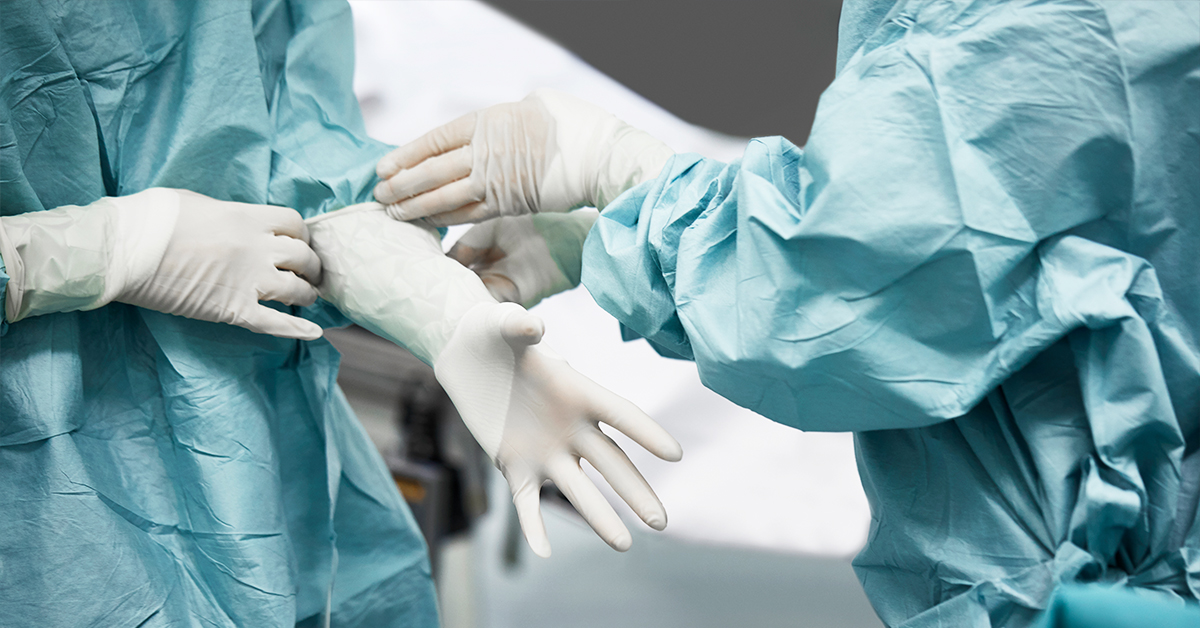With the increasing number of COVID patients presenting themselves to hospital emergency departments across Toronto, it’s a regular occurrence for me to come across several suspected cases while I’m working. Most are well enough to go home, but some are so sick that they need to be admitted. I find myself checking in on the test results of patients I have sent home, breathing a sigh of relief with each negative and feeling a knot in my stomach with each positive. The challenge with being an emergency doctor is that we see a lot of the bad outcomes. They are our reality. During a pandemic, it begins to feel to us like “everyone is dying” – but not everyone is. In fact, the majority of people recover from the virus. The increase in positive results will not only usher in a new reality but hopefully will reduce my own anxiety about a positive test result and its implications. A positive result is not a reason to panic and most of the patients I discharge won’t ever come back to the emergency department. I will likely stop checking their results after a while.
One of the things that is true about life is our ability to adapt. Once the new ‘normal’ takes hold, we adjust. Life just keeps moving. We’re living amid a pandemic and simply put, we can’t will it away. To accept this harsh reality, or modern-day Twilight Zone, is a process we’re all going through, in our own time and in our own way.
Some of us may need a bit more help and time to acclimate to this new ‘normal’. Getting help is not a sign of personal weakness but rather an expression of our own humanity. Reaching out shows self-awareness and strength of character. Sometimes we need help to talk through our concerns. Sharing our deepest fears with others is powerful, particularly with those trained to help navigate the complexities of human emotion. Using technology, it’s now easier than ever to
connect with a mental health provider, or family doctor, to discuss our emotions and secure advice to get the help we need.
This is a difficult time that poses a tremendous challenge for all of us. Let’s remember to do the little things to boost our mental health as much as possible. This means eating well, getting fresh air, exercising, connecting virtually with others and getting a good night’s sleep. Over time, we will adjust to our new circumstances. And if you need a little help along that journey, then please reach out for mental health support and at the same time, pat yourself on the back for having the strength to do so at such an arduous time.

